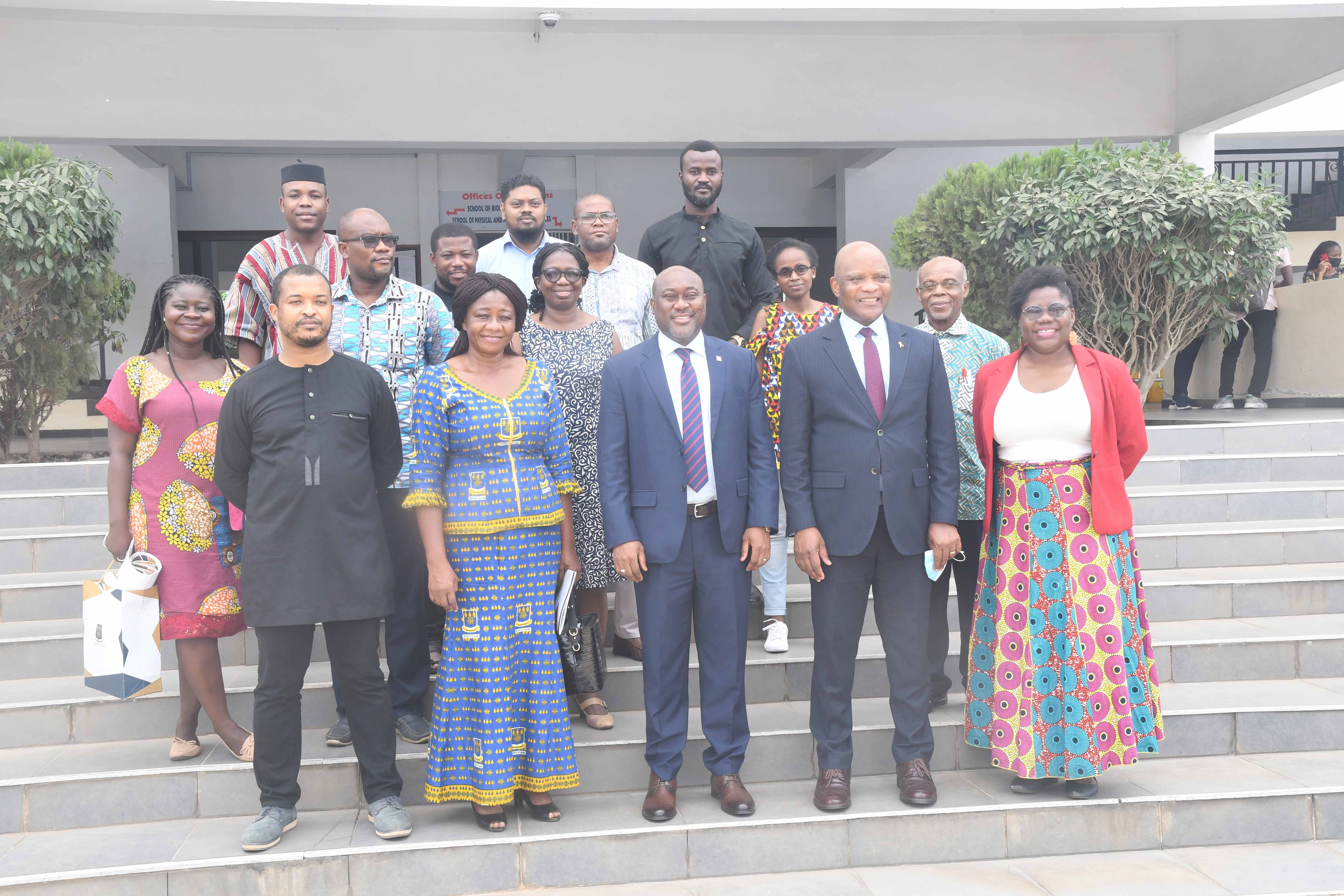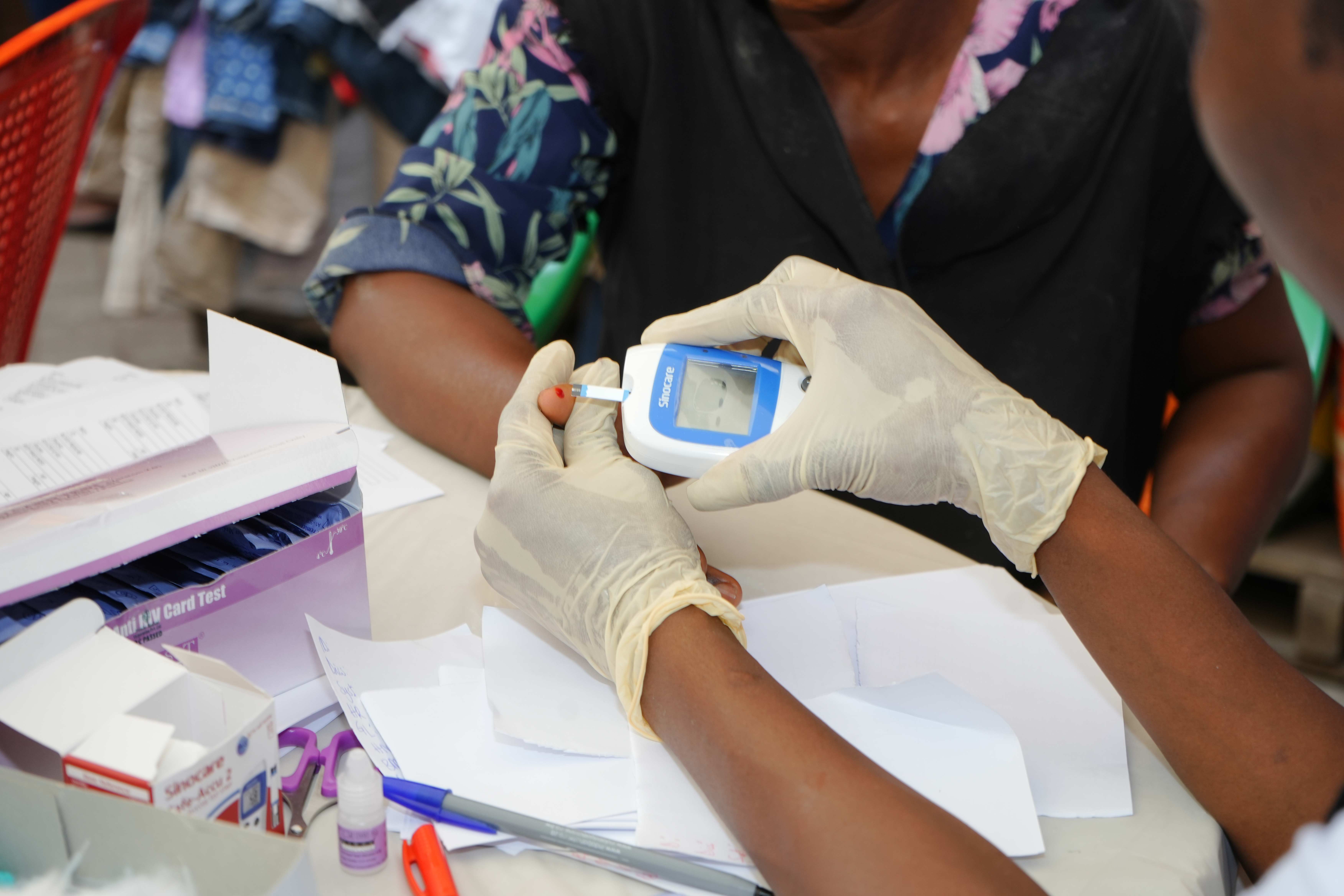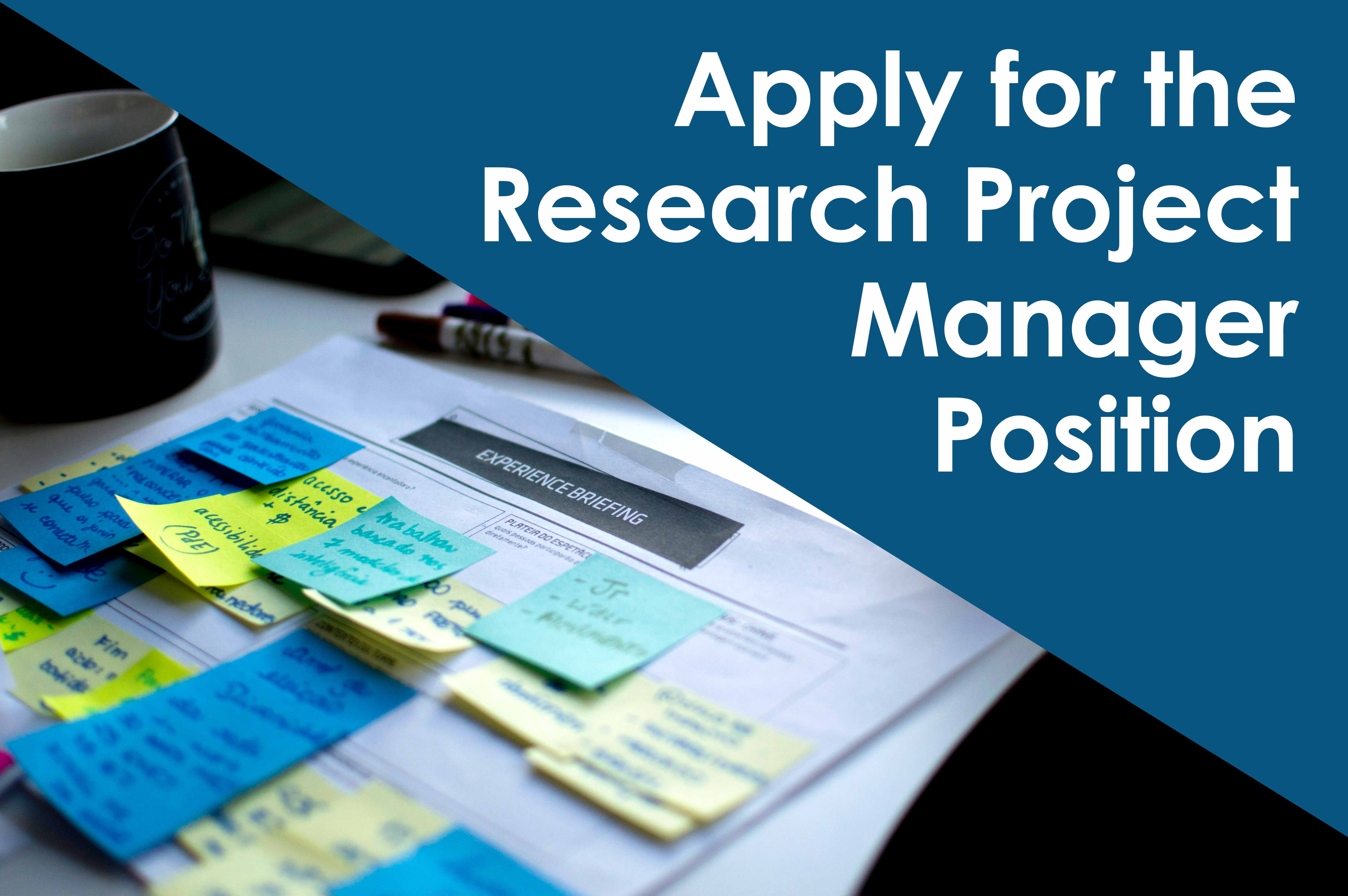The Director of the African Centre for Disease Control and Prevention (Africa-CDC), Dr. John Nkengasong, has visited the West African Centre for Cell Biology of Infectious Pathogens (WACCBIP) as part of his first visit to the University of Ghana as the Lecturer for the 2022 Aggrey-Fraser-Guggiberg Memorial Lecture at the Great Hall on the theme: "Fighting the COVID-19 Pandemic: Africa at a Crossroads?"
He was at the Centre to acquaint himself with WACCBIP’s research activities, especially those related to seroprevalence studies and genomic sequencing of SARS-Cov-2.
Present at the time of the visit were Prof. Osbourne Quaye, Head, Department of Biochemistry, Cell and Molecular Biology; Dr. Anastacia Aikins, Graduate Admissions and Exam Coordinator; Dr. Lydia Mosi, Deputy Director, Administration; Dr. Lucas Amega-Etego, Senior Research Fellow; Dr. Yaw Aniweh, Head of Technology; and Dr. Oduro-Mensah, Lecturer.
Professor Gordon Awandare, Pro-Vice-Chancellor of the University of Ghana with responsibility for Academic and Student Affairs and Founding Director of WACCBIP, in his welcome remarks, took the Africa-CDC Director through a PowerPoint presentation that highlighted the Centre’s history, mission, vision, and some accomplishments.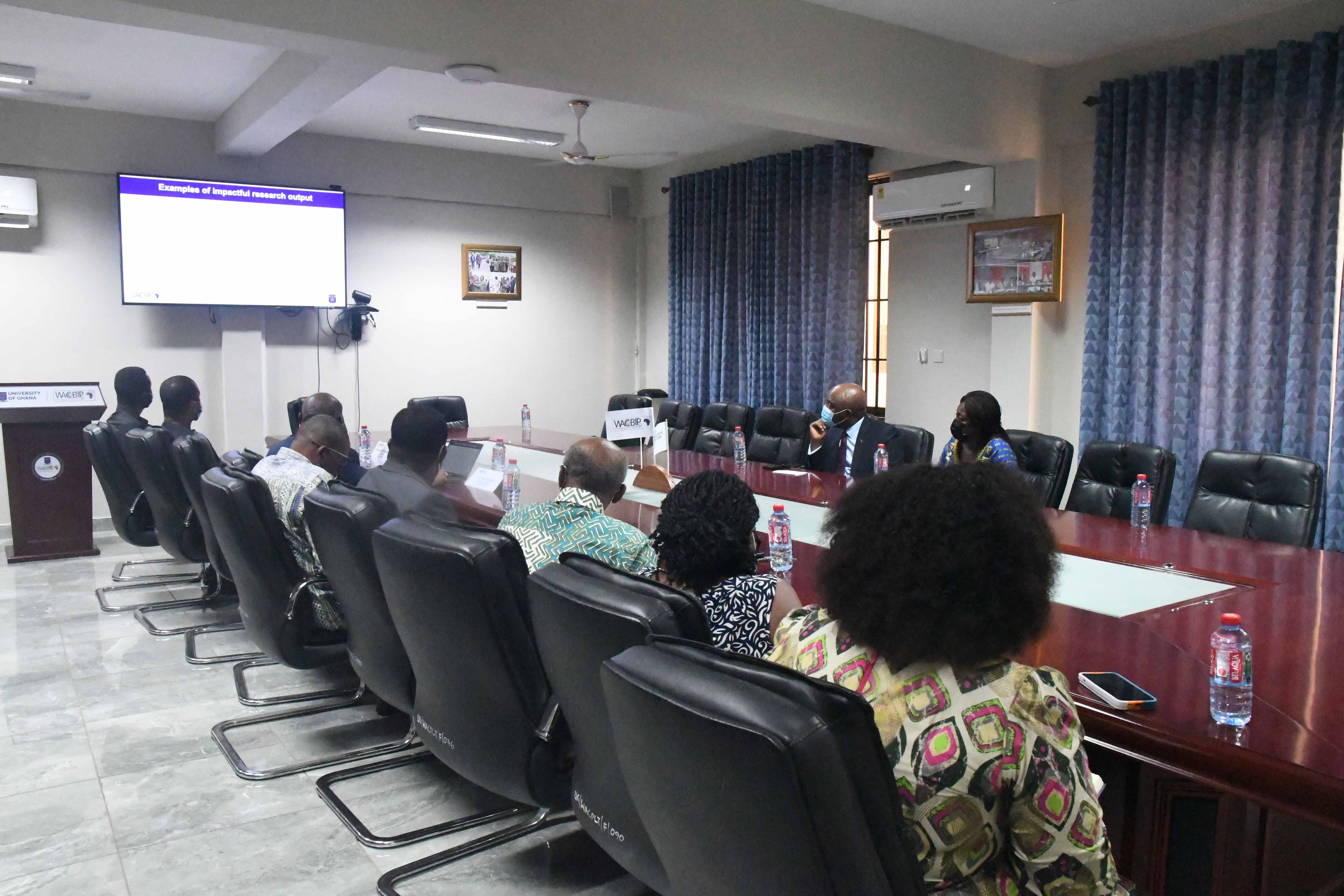
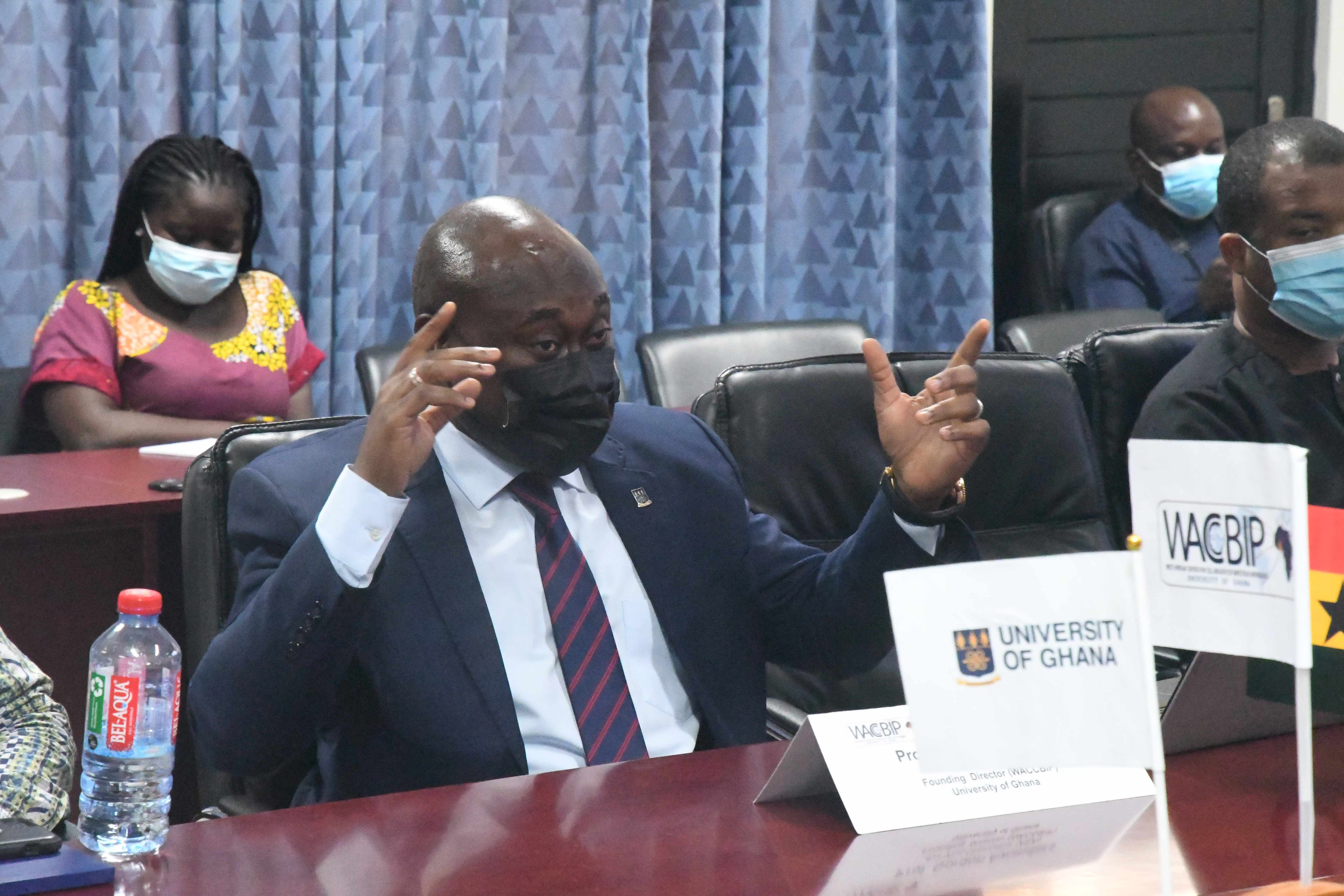
Professor Awandare explains a PowerPoint presentation highlighting the Centre’s history, mission, vision, and some accomplishments.
Professor Gordon Awandare explained that WACCBIP was established in 2014 as one of the World Bank's African Centres of Excellence as a research and capacity-building training centre with the goal of training and fostering future African science leaders. He added that WACCBIP seeks to improve the diagnosis, prevention, and control of tropical diseases in Sub-Saharan Africa by providing advanced-level training and research excellence in cell and molecular biology.
He went on to explain that WACCBIP aims to train students at all levels, from graduate to master's, PhD, early postdoctoral, and senior postdoctoral. He further indicated that since 2014, WACCBIP has provided training opportunities to 313 young African scientists from across the African continent.
Professor Awandare highlighted the Centre’s research focus, explaining that WACCBIP began as an infectious disease centre and has now expanded its scope to include non-communicable diseases. He stated that this was made possible by the World Bank, the Welcome Trust, and the Royal Society, among others.
He also stated that the majority of WACCBIP's research is done through student projects and that WACCBIP was the first Centre to characterize local dengue fever infections, map anti-malaria drug resistance mutations, produced important findings in the field of malaria vaccine candidates, and has a diagnosis biosensor unit among others.
Professor Awandare also said that, in terms of non-communicable diseases, WACCBIP has an interesting project on hearing impairment that has revealed some mutations that are specific to Ghanaians. He went on to say that WACCBIP has developed a method for screening babies to test their potential for developing hearing impairment for early diagnosis.
Professor Awandare also stressed the critical role that WACCBIP has played in the wake of the COVID-19 pandemic. He stated that, since the outbreak of the pandemic, WACCBIP has been one of the leading centres in Ghana producing the most comprehensive data on genome sequencing.
The Deputy Director in charge of Research at WACCBIP, Dr. Peter Kojo Quashie, also delivered a detailed presentation on WACCBIP’s Covid-19 research findings. He mentioned that WACCBIP had so far sequenced over 2,427 genomes in Ghana, 40 in Nigeria, and Burkina Faso. He concluded by outlining some of WACCBIP's research publications and achievements
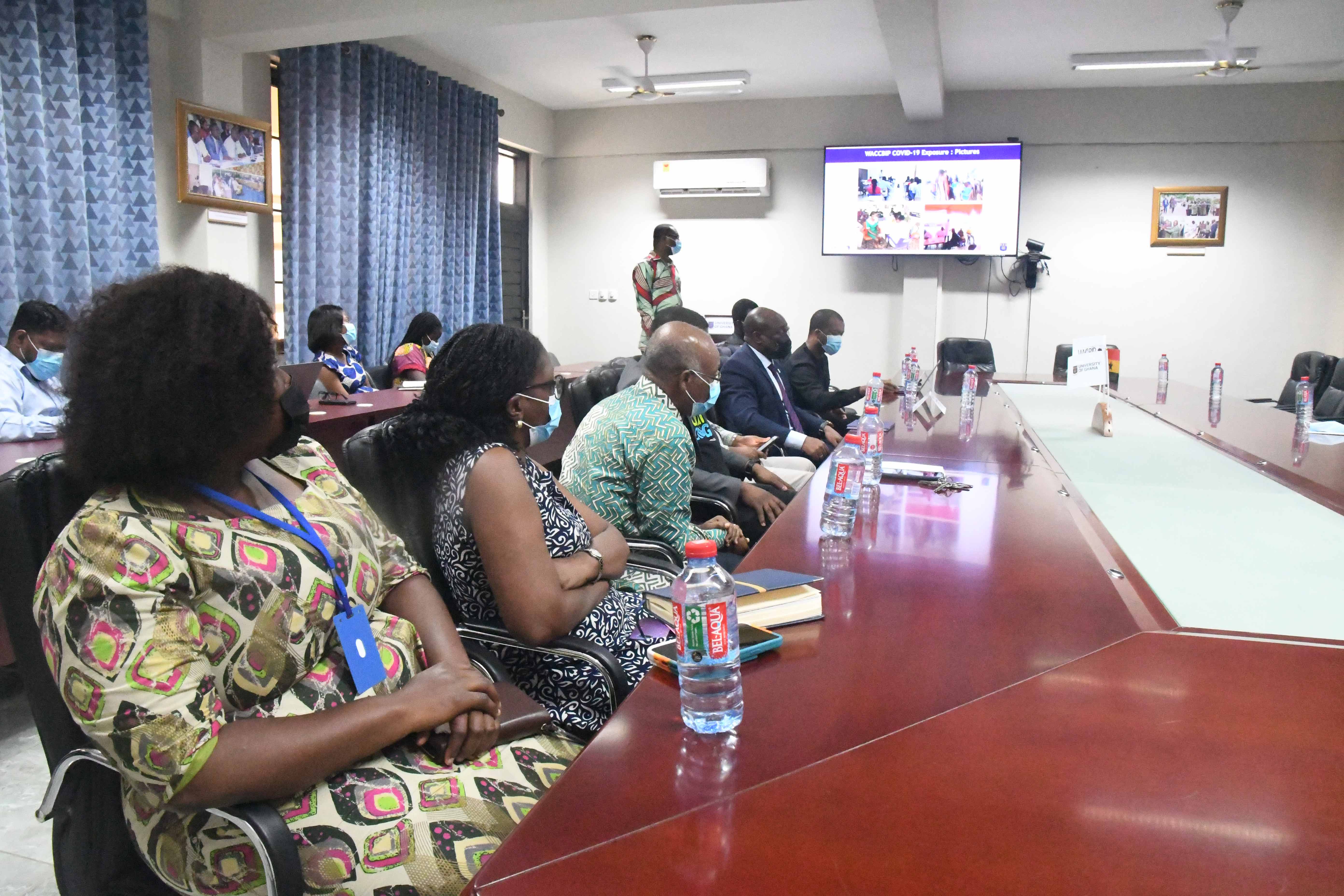
Dr. Peter Kojo Quashie(Deputy Director in charge of Research) delivering a presentation on WACCBIP’s Covid-19 research findings.
Dr. Nkengasong expressed delight at the amount of great work the Centre was doing. He intimated that the Africa-CDC was ever ready and would be glad in partnering WACCBIP for collaborations in the fight against future pandemics.
Dr. John Nkengasong later toured WACCBIP’s facilities and laboratories.

Professor Awandare conducts the Director around some facilities at WACCBIP.
Biography of Dr. John Nkengasong.
Dr. John Nkengasong currently serves as Director of the African Centre for Disease Control and Prevention, a specialized technical institution of the African Union. He has previously served as Acting Deputy Principal Director of the Centre for Global Health and Chief of the International Laboratory Branch, Division of Global HIV and TB for the US Centers for Disease Control and Prevention (CDC)
In early 2020, he was appointed as one of the WHO Director-General’s Special Envoys on COVID-19 preparedness and Response. In addition, Dr. Nkengasong was most recently awarded the Bill and Melinda Gates Foundation’s 2020 Global Goalkeeper Award for his contributions to the continental response in fighting the COVID-19 pandemic in Africa. In 2021, He was named by the Times Magazine as one of the 100 most influential people in the world; Fortune Magazine ranked him the 4th of 50 greatest world leaders and Bloomberg Business Magazine ranked him among the 50 world’s leaders.
Dr. Nkengasong holds a master's degree in tropical biomedical science from the Institute of Tropical Medical in Antwerp, Belgium, and a doctorate in medical Sciences (virology), from the University of Brussels, Belgium.
Dr. Nkengasong has received numerous awards for his work including the Sheppard Award; the William Watson Medical of Excellence, the highest recognition awarded by the US CDC. He is also a recipient of the Knight of Honour Medal by the Government of Cote d'Ivoire; was knighted in 2017 as the Officer of the Loin by the president of Senegal, H.E Macky Sall, and Knighted in November 2018 by the government of Cameroon for his significant contributions to public health.
He is an adjunct professor at the Emory School of Public Health. Emory University, Atlanta, Georgia. He has authorized/co-authored over 260 scientific peer-review articles in major journals including Science, Nature, Nature Medicine, Lancet, and Cell.

